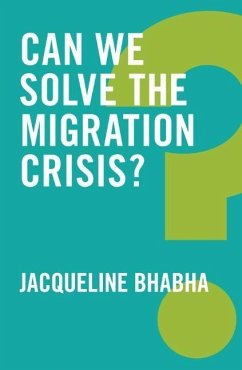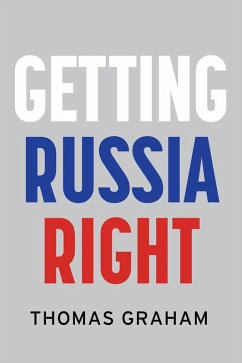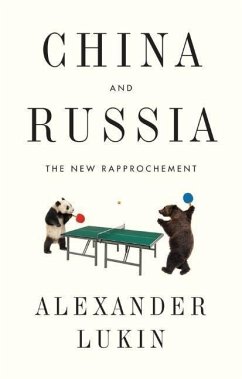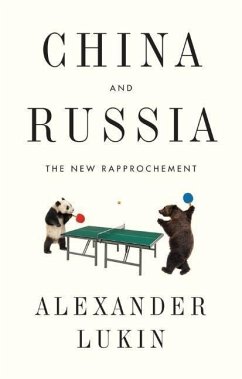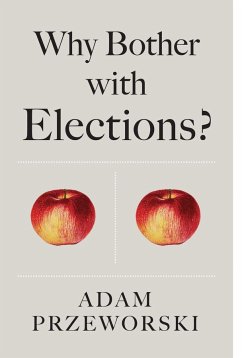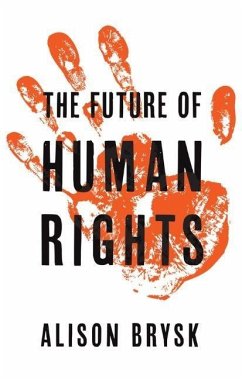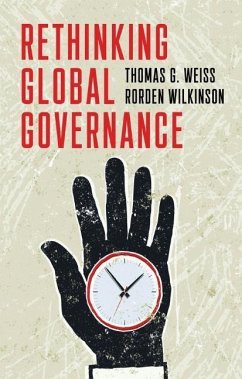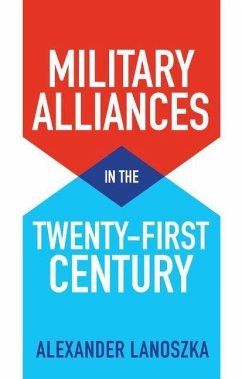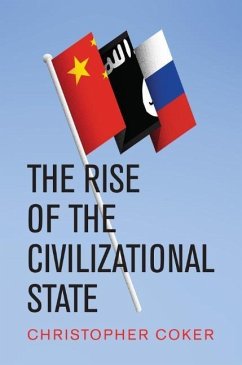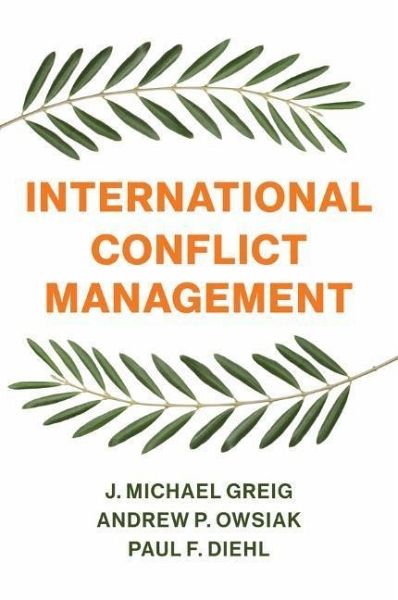
International Conflict Management
Versandkostenfrei!
Versandfertig in über 4 Wochen
64,99 €
inkl. MwSt.
Weitere Ausgaben:

PAYBACK Punkte
32 °P sammeln!
International conflict has long plagued the world, and it continues to do so. With many interstate and civil disputes experiencing no third-party attempts at conflict management, how can the international community mitigate the effects of and ultimately end such violence? Why, in so many cases, are early, "golden opportunities" for conflict management missed?In this book, J. Michael Greig, Andrew P. Owsiak, and Paul F. Diehl introduce the varied approaches and factors that promote the de-escalation and the peaceful management of conflict across the globe--from negotiation, mediation, arbitrati...
International conflict has long plagued the world, and it continues to do so. With many interstate and civil disputes experiencing no third-party attempts at conflict management, how can the international community mitigate the effects of and ultimately end such violence? Why, in so many cases, are early, "golden opportunities" for conflict management missed?
In this book, J. Michael Greig, Andrew P. Owsiak, and Paul F. Diehl introduce the varied approaches and factors that promote the de-escalation and the peaceful management of conflict across the globe--from negotiation, mediation, arbitration, and adjudication to peace operations, sanctions, and military or humanitarian intervention. The history, characteristics and agents of each approach are examined in depth, using a wide range of case studies to illustrate successes and failures on the ground. Finally, the book investigates how the various tools interact--both logically and sequentially--to produce beneficial or deleterious effects.
In this book, J. Michael Greig, Andrew P. Owsiak, and Paul F. Diehl introduce the varied approaches and factors that promote the de-escalation and the peaceful management of conflict across the globe--from negotiation, mediation, arbitration, and adjudication to peace operations, sanctions, and military or humanitarian intervention. The history, characteristics and agents of each approach are examined in depth, using a wide range of case studies to illustrate successes and failures on the ground. Finally, the book investigates how the various tools interact--both logically and sequentially--to produce beneficial or deleterious effects.




